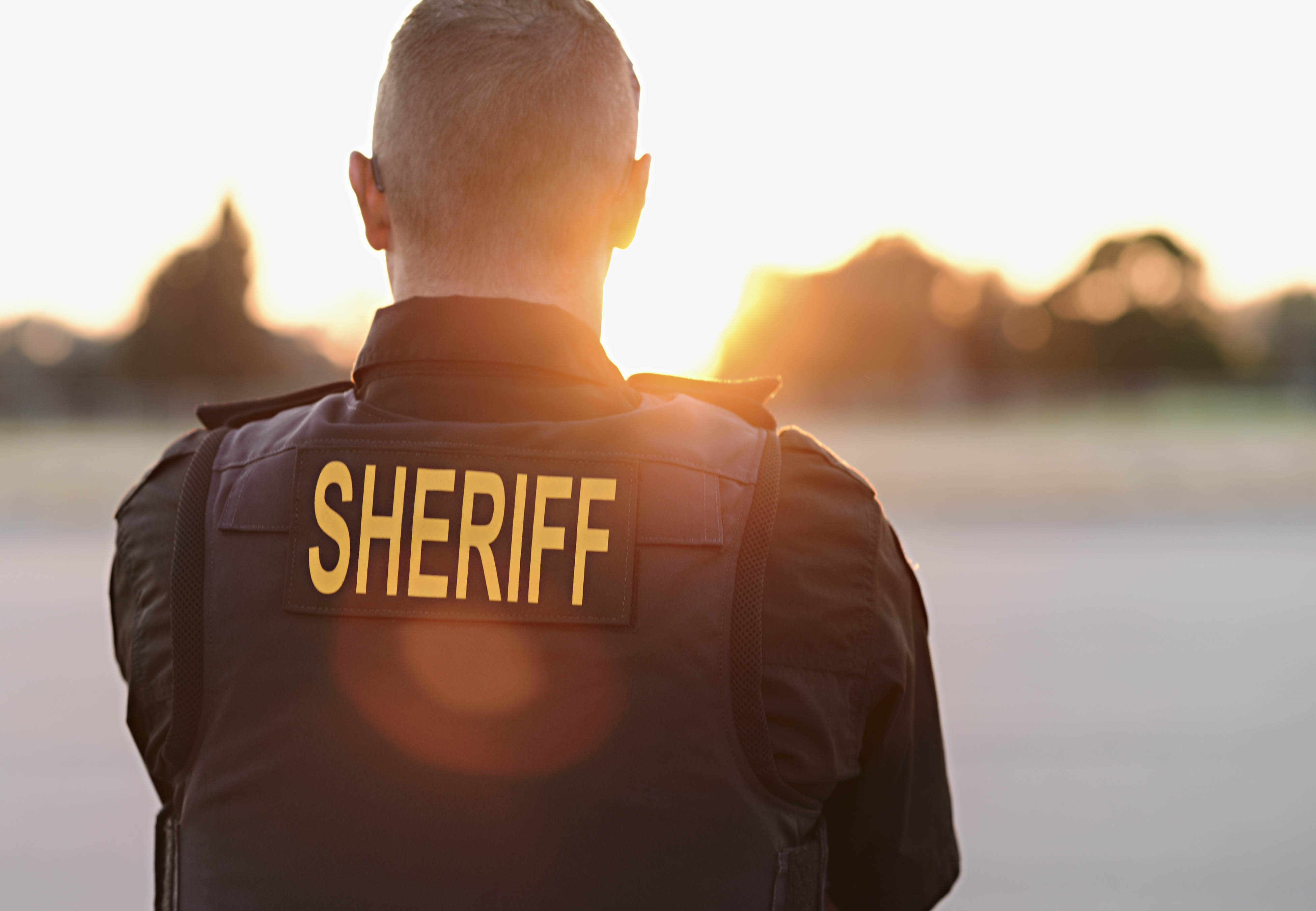


Avoid potential conflict both professionally and personally by learning to organize your thinking and respond calmly. Consider the approaches you can take to prevent and respond to verbal conflict. This course will explore the communication process, conflict prevention, to help you understand why conflicts occur. Instruction will also cover certain circumstances in which verbal de-escalation techniques may not be appropriate, and provide techniques to resolve such conflicts. Join us to learn how de-escalation techniques and communication skills can potentially defuse tense situations and lead to more successful outcomes. This training does not cover physical intervention techniques.

SORN programs typically experience significant challenges related to staff turnover, inadequate resources, court challenges, and lack of skill development opportunities. Whether you are new to this area of work or are experienced, join us for an intensive two-day skill development training designed specifically for SORN personnel. During the training, we will cover an introduction and overview of SORN laws, registration of offenders, community notification to the public, and enforcement and compliance issues. Advanced skill development such as registrant monitoring and compliance, and community notification meetings will also be covered. Participate in this interactive training which includes educational information, ready-to-use resources, case studies, interactive discussion, and opportunities to apply learned skills.

The opioid crisis and the flood of other drugs has reached epidemic proportion in many of our communities. Join us to learn more about this national challenge and other emerging drug trends such as fentanyl, heroin, cocaine, methamphetamines, synthetic cannabinoids, and other chemicals. Explore the issues associated with the legalization of marijuana in many states and vaping, butane hash oil, and cannabis edibles. Gain an understanding of the stages of use, addiction, withdrawal symptoms, and the health and life-threatening dangers posed from the use of drugs. Discuss common delivery systems and observe examples of emerging drugs in various forms. Learn how to recognize the signs and symptoms of drug usage, as well as how Naloxone/Narcan works in cases of opioid overdoses.

Explore strategies for conducting comprehensive sexual assault investigations. Learn how to support victims, gather and maintain evidence, manage crime scenes, conduct effective interviews and interrogations, utilize investigative resources (SANE nurses and support services), and prepare cases for prosecution.

Gain an introduction into the psychology, or mindset, of those that commit sexually motivated crimes. Learn about sex offender typologies and patterns of behavior. Explore the relationship between paraphilia such as exhibitionism, voyeurism, and fetishism and criminal acts. Review and dissect real case examples to gain insight into offender modus operandi. Knowledge obtained can be applied during interview and interrogation to help resolve sexually motivated cases.

Join us for an intensive training focused on understanding and building relationships between the forensic pathologist, homicide investigator, and prosecutor in successfully investigating and prosecuting child homicide cases. Learn autopsy protocols, forensic essentials, and the criticality of determining the cause and manner of death. Understand the unique aspects of investigating a child homicide including interviewing and interrogation, suspect pool development and the role and importance of the prosecutor in gaining appropriate convictions.

Explore investigative strategies that address the relationship between child sexual abuse and child sexual abuse materials (child pornography) to supplement an investigation and corroborate victim statements. Gather new tools and resources for the most comprehensive case outcomes.

Courthouses serve as the center of many government, legal, and community activities. They can also be vulnerable to threats of violence for all who use them. Join us to learn effective strategies and best practices to enhance a collaborative courthouse security philosophy. Gather tools and resources from current state and federal court services experts related to security planning, jury and witness safety considerations, and threat assessment and management. Presenters include experts in the areas law enforcement, state and federal attorneys, judges and other court services professionals.

Improve investigative techniques and prosecutorial efforts needed to successfully decipher unresolved and cold cases. Explore essential investigative, forensic and prosecution methodologies through the dissection of actual cases, best practice examples, interactive discussions, and contemporary resources. Learn proven strategies to avoid complications that are detrimental to the prosecution of cold cases. Discuss practices relevant to the establishment and maintenance of an efficient cold case unit.

Technology plays a tremendous role in our children's lives. Learn about the ways children are interacting online to create better understanding and open up meaningful communication. Increase awareness of opportunities to protect and connect with children while also gathering valuable information to mitigate threats posed by individuals who seek to exploit them.
